news
Update: Tinubu mobilizes standby force as he is reelected for a second term as ECOWAS Chairman
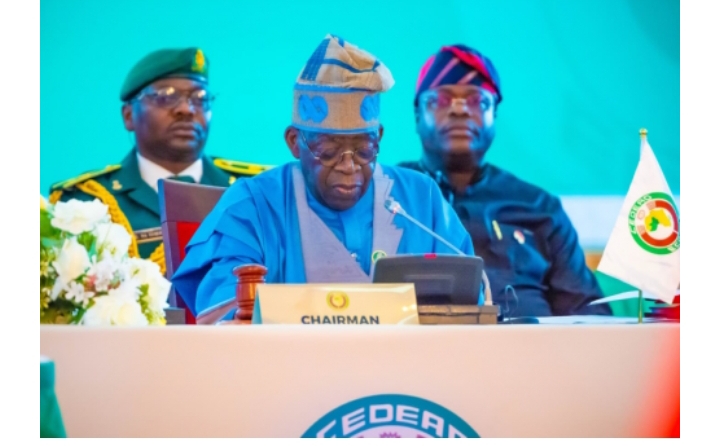
 • Faye, Gnasingbe lead talks as Niger, Mali, B’Faso form Union of Sahel
• Faye, Gnasingbe lead talks as Niger, Mali, B’Faso form Union of Sahel
Another chapter opened yesterday in the history of the Economic Community of West African States (ECOWAS) with the re-election of President Bola Ahmed Tinubu as chairman of Heads of State and Government.
He was first elected in Guinea-Bissau on July 9 last year after just one month and a few days as Nigeria’s president.
President Tinubu immediately picked the gauntlet, promising to deepen democracy in the sub-region and push on for the formation of a standby force to enhance security in West Africa.
The unity of the 16-member body, which was threatened following the coup d’état in three member states, took a new turn.
Mali, Burkina Faso and Niger Republic, ruled by military juntas, formed the Alliance of Sahel States (AES) at the weekend.
The sub-regional body after yesterday’s 65th Ordinary Session meeting held at the State House Conference Centre, Abuja, set up a team to hold talks with them.
The ECOWAS chairman said: “I have appointed the President of Senegal, Bassirou Diomaye Faye, to please, become our Special Envoy to Burkina Faso, Mali, and Niger Republic, along with the President of Togo, Faure Gnassingbé, to do round the clock work with our brothers in Mali, Burkina Faso, and Niger Republic, and to coordinate with me and the ECOWAS Commission, where necessary.
“I have accepted to continue the service to the great members and the great minds that are committed to democratic values and our journey in the region.
“I will continue to serve our interest and build on democratic values and the structure that we inherited.”
President Tinubu urged the Heads of State and Government of ECOWAS to work towards the establishment and sustenance of a regional standby force for the security and economic advancement of the community.
He emphasised the expediency of a standby force in the face of growing security threats in the region.
‘Redeem financial obligations’
President Tinubu urged member-states to fulfil their financial commitments so that the regional body could effectively tackle security challenges.
He said substantial financial resources are crucial to the take-off of the ECOWAS Standby Force (ESF) to combat terrorism, banditry and violent extremism.
He said if member states honour their financial obligations, it would enable ECOWAS to meet the expectations and recommendations of its ministers of defence on regional security.
He said: “Let me underscore that a peaceful and secure society is essential for achieving our potential.”
He said the move to operationalise the ECOWAS Standby Force (ESF) was key to combating terrorism.
President Tinubu added: “I must emphasise that the success of this plan requires, not only strong political will but also substantial financial resources.
“We must, therefore, ensure that we meet the expectations and recommendations set forth by our ministers of Defence and Finance in order to counter the insecurity and stabilise our region.
“Member states must make extra commitment to providing resources for stabilising the region.
“To this end, I urge ECOWAS to leverage the capability of the Nigeria National Counter Terrorism Center (NCTC), which is widely acknowledged as one of the best on the continent.
“The Nigerian government has decided to declare the NCTC as a regional centre to enable all ECOWAS member states to benefit from capacity building and other related opportunities it offers.
“Your Excellencies, dear heads of state, I urge you to visit the centre before your departure and assess first-hand the facilities and the capabilities of NCTC.”
President Tinubu also urged ECOWAS member states to unite and develop innovative approaches to unlock the region’s economic potential and promote prosperity.
He acknowledged the economic hurdles hindering progress and stressed the need for partnerships, investment, and infrastructure development.
President Tinubu emphasised the importance of a conducive business environment to stimulate growth and build resilience against external aggression.
He urged member states to comply with the protocol on community levies to ensure adequate resources for the organisation’s programmes, assuring of Nigeria’s commitment not to default on its finance commitments.
President Tinubu added: “I’m also fully aware of other challenges confronting our region, especially the economic hurdles that hinder our progress to elevate our people from poverty to prosperity.
“It is imperative that we unite as a community and develop innovative approaches to unleash our vast economic potential.
“We must continue to identify and develop partnerships that promote investment in key sectors and promote regional trade.
“Furthermore, we must invest in our infrastructure and cultivate a conducive business environment to empower our community to stimulate growth and build resilience against external shock.
President of the ECOWAS Commission, Dr. Omar Alieu Touray, said the region had proved that democracy is alive because of the successful transition in Senegal, Nigeria, Guinea Bissau, Sierra Leone and Liberia.
He said: “We look forward to the consolidation of this trend in the region as we prepare for a major election in Ghana later this year.”
Touray warned that the region was still being confronted with multidimensional challenges, which seem to overshadow its modest achievements
He said: “Our region is still confronted with multiple interlocking threats, including existential works.
“These include climatic and man-made crises, leading to terrorism and violent extremism and food insecurity.
“Livelihoods continued to be threatened by illegal and unsustainable exploitation of our land, forest and marine resources.
“Governance deficit and marginalisation have strained social contracts, engendering bitter rivalries and unhealthy competition.
“To complicate the situation, our region has become the arena of geo-strategic and geo-political rivalries and the theatre of misinformation and disinformation that engenders mistrust among and within communities and undermine social cohesion.”
Touray said the Commission had commenced preparation for the 50th anniversary of the regional body.
The Commission would propose a Special Extra-ordinary Summit on the future of the Community, he added.
The President reminded them that the AU election will be held on February 25, next year.
President Tinubu said: “Our region continues to face significant security challenges, including terrorism, violence extremism and banditry.
“Currently West Africa holds the position of AU Commissioner for political affairs and security, a crucial role for our region.
“Therefore, I solicit our support for the candidacy of Ambassador Bankole Adeoye seeking re-election as the sole male candidate for this position for our region.”
AU: withdrawal not acceptable
The AU said the purported withdrawal of Burkina Faso, Mali and Niger from ECOWAS is not acceptable.
AU said it believed in the unity of ECOWAS, adding that it would support efforts to ensure the region’s prosperity.
Moussa Faki, Chairperson of AU Commission, commended the efforts of ECOWAS in addressing insecurity in the region.
Faki, who was represented by Ambassador Adeoye, also described ECOWAS as a pace-setter in security and constitutional transition of government as exemplified in the recent elections in the region.
He said: “African Union is very proud of ECOWAS. We advocate and fully support the unity of ECOWAS. The withdrawal of the three countries is not acceptable to the African Union.”
Three countries form Union of Sahel
Military rulers in Mali, Burkina Faso and Niger converged on the Nigerien capital of Niamey at the weekend to form a confederation of three Sahel states.
At their first summit since taking power in military coups, Mali, Niger and Burkina Faso leaders adopted a joint statement for a treaty to set up the confederation.
“This summit marks a decisive step for the future of our common space.
“Together, we will consolidate the foundations of our true independence, a guarantee of true peace and sustainable development through the creation of the ‘Alliance of Sahel States’ Confederation’,” Capt. Ibrahim Traore, the leader of Burkina Faso, wrote on his X handle.
He added: “The AES (Alliance of Sahel States) is full of enormous natural potential which, if properly exploited, will guarantee a better future for the people of Niger, Mali and Burkina Faso.”
Ties between the three Sahel nations and ECOWAS had deteriorated after Gen. Abdourahamane Tiani took power from elected President Mohamed Bazoum in a coup in Niger in July.
ECOWAS imposed sanctions on Niger and threatened intervention which irritated the trio.
The three countries, with a combined population of 72 million, are affected by instability caused by militant groups.
The trio is expected to cooperate on security issues and form closer economic ties.
news
Nothing new in FBI report on Tinubu, says Onanuga
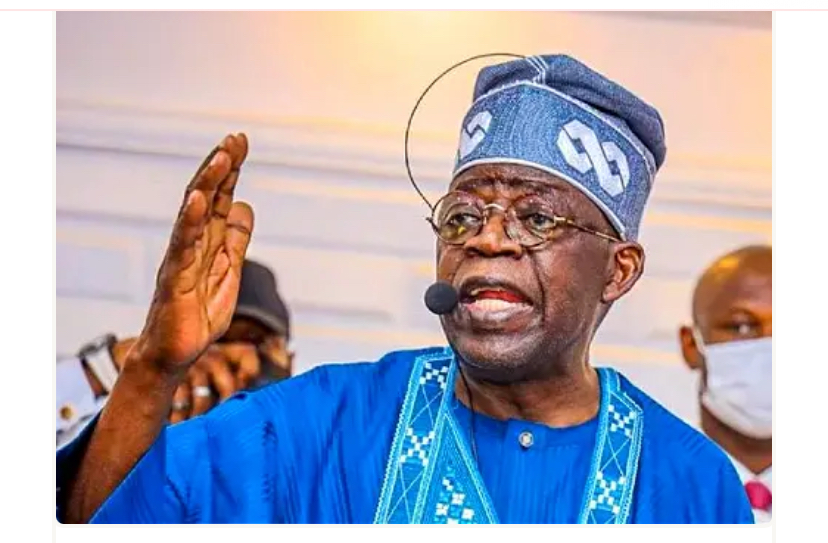
 Senior Special Adviser to the President on Information and Strategy Bayo Onanuga has dismissed a report of a United State (U.S.) court ordering two law enforcement agencies to release information on President Bola Ahmed Tinubu during a “purported federal investigation in the 1990s.”
Senior Special Adviser to the President on Information and Strategy Bayo Onanuga has dismissed a report of a United State (U.S.) court ordering two law enforcement agencies to release information on President Bola Ahmed Tinubu during a “purported federal investigation in the 1990s.”
In a tweet on his verified X handle, Onanuga told those agitated by the directive that there would be nothing revealing in the anticipated report.
In an April 9 ruling, District Court for the District of Columbia Judge, Beryl Howell ordered the Department of State, Federal Bureau of Investigation (FBI), Internal Revenue Service (IRS), Drug Enforcement Administration (DEA) and the Central Intelligence Agency (CIA) to release the information to Mr. Allan Greenspan.
The information being sought by Greenspan was classified as “confidential information” generated during a “purported federal investigation in the 1990s.”
Judge Howell said that protecting the information from public disclosure “is neither logical nor plausible.”
Commenting on the ruling, Onanuga said: “There is nothing new to be revealed. The report by Agent Moss of the FBI and the DEA report have been in the public space for more than 30 years. The reports did not indict the Nigerian leader”, Onanuga said yesterday.
He said that counsel to the President have been “examining the ruling”.
news
Oyetola Leads Nigeria’s Strategic Bid for IMO Council Seat, Aiming for Global Maritime Influence
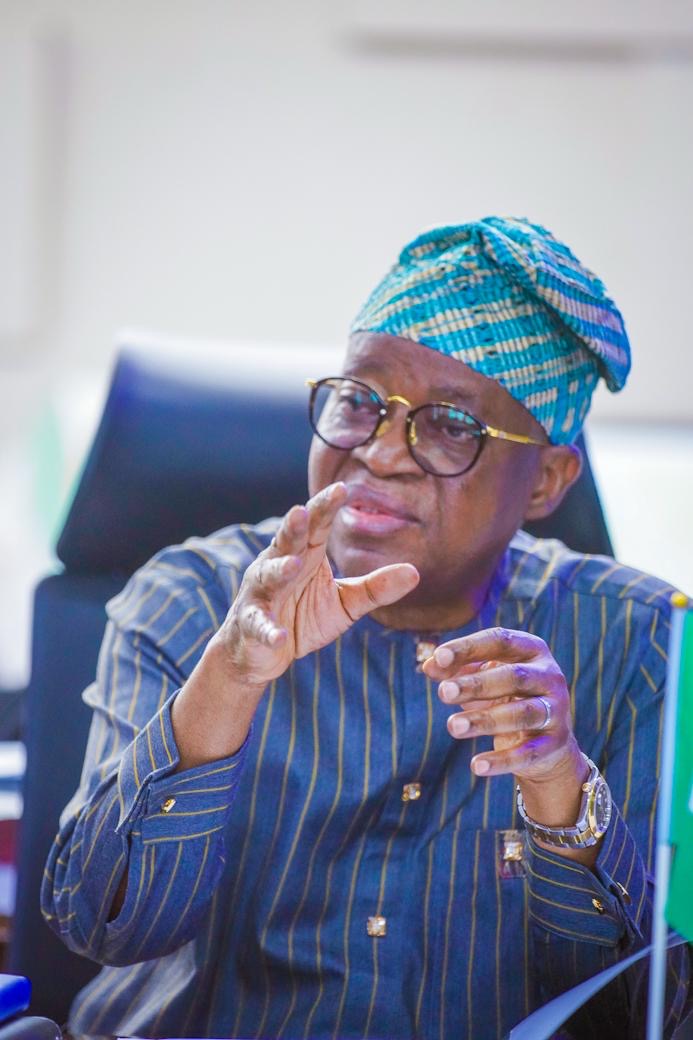
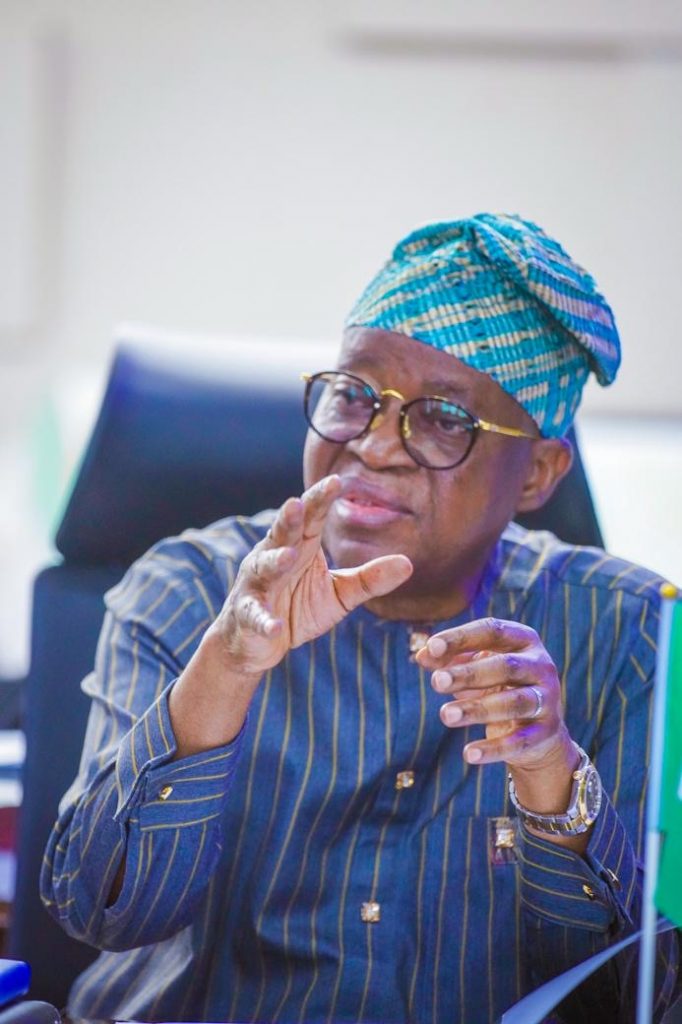 Nigeria is setting sail towards a greater role in international maritime affairs as it bids for election into Category C of the International Maritime Organization (IMO) Council.
Nigeria is setting sail towards a greater role in international maritime affairs as it bids for election into Category C of the International Maritime Organization (IMO) Council.
Leading this ambitious push is the Honourable Minister of Marine and Blue Economy, His Excellency Adegboyega Oyetola (CON), whose vision is to position Nigeria as a dominant force in global shipping and maritime governance.
The IMO, a specialized United Nations agency responsible for regulating international shipping, holds its Council elections later this year. Category C is specifically reserved for nations with significant interests in maritime transport and trade, providing them with a platform to contribute to shaping global maritime policies. For Nigeria, securing a seat is not just a diplomatic pursuit it represents a strategic leap forward for economic growth, regional leadership, and maritime security.
At the heart of this campaign is Nigeria’s intention to amplify its voice in international maritime decisions. Membership in the IMO Council would afford the country a pivotal role in the formulation of regulations and policies that affect shipping, safety, environmental protection, and trade. This influence would allow Nigeria to safeguard both its national interests and those of the broader West African sub region.
Economic prospects tied to the blue economy form another cornerstone of Nigeria’s bid. With a coastline stretching over 850 kilometers and a maritime domain rich in resources, Nigeria is aggressively advancing its blue economy agenda. A seat at the IMO table is expected to draw foreign investment, stimulate port infrastructure development, and enhance trade efficiency all in line with President Bola Tinubu’s broader strategy for economic diversification.
Maritime security is also high on the agenda. Nigeria, which has made considerable strides in curbing piracy in the Gulf of Guinea, sees IMO Council membership as a means of deepening international collaboration, adopting global best practices, and enhancing safety standards along its waterways.
The campaign also underscores Nigeria’s commitment to human capital development. By aligning more closely with the IMO, Nigeria aims to provide its maritime professionals especially young people with increased access to global training programs and capacity building initiatives. This would help nurture a new generation of skilled seafarers, engineers, and administrators capable of competing on the world stage.
Nigeria’s regional leadership is also in focus. As Africa’s largest economy, the country seeks to use its potential IMO seat to drive greater cooperation among African maritime nations, promote sustainable development, and project a unified continental voice in international maritime diplomacy.
In addition, Nigeria anticipates increased access to technical support and maritime innovation through IMO engagement. This includes advancements in shipping technology, logistics modernization, and enhanced port management critical components for a thriving maritime industry.
Oyetola’s Vision and Commitment
Oyetola, since his appointment, has consistently emphasized the need for Nigeria to embrace its maritime identity and assert its global relevance. His advocacy for Category C membership has been described by stakeholders as a bold and necessary step in unlocking the full potential of the sector.
“Nigeria must take its rightful place on the global maritime stage. Our waters, our people, and our potential deserve nothing less,” Oyetola affirmed during a recent stakeholders’ engagement on the bid.
As the IMO elections approach, there is growing optimism that Nigeria’s strategic location, extensive maritime assets, and clear policy direction will earn it a seat at one of the most influential tables in global shipping. The journey to Category C may be competitive, but with strong leadership at the helm, Nigeria is navigating with purpose and promise.
Jamiu Omookose
news
Update : FG confirms continuation of crude, refined product sales in Naira initiative, Says Wale Edu
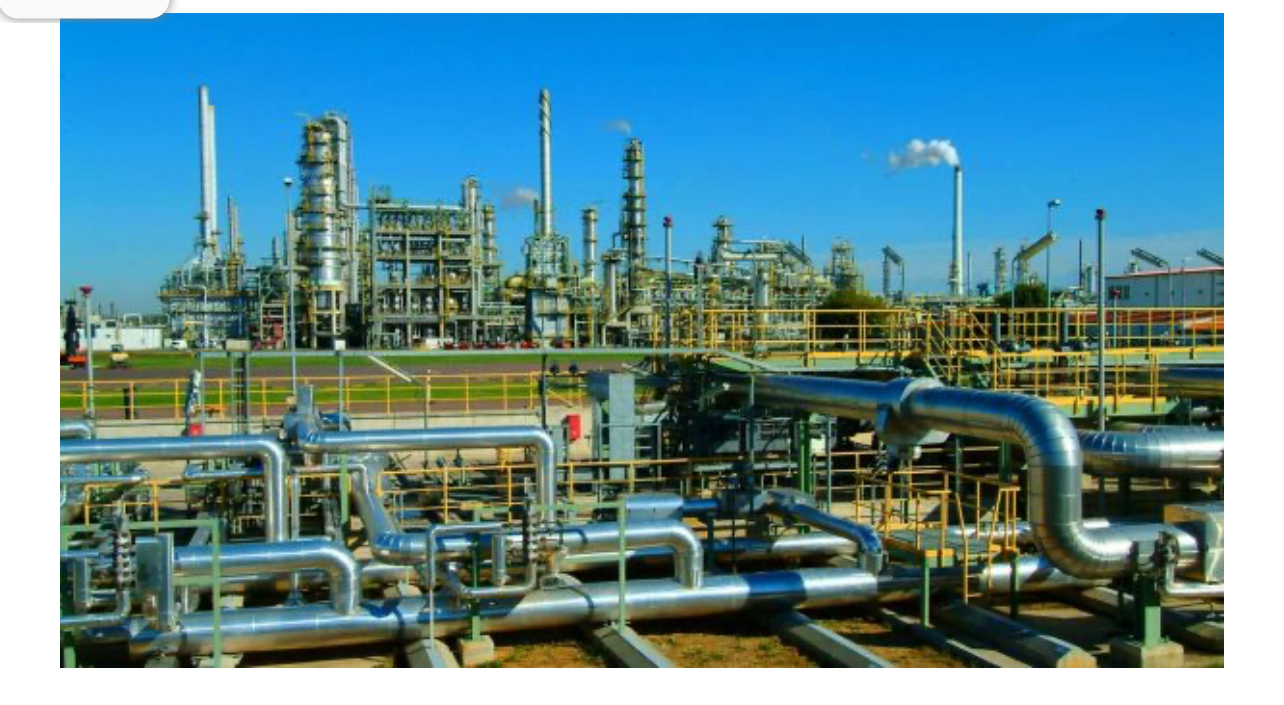
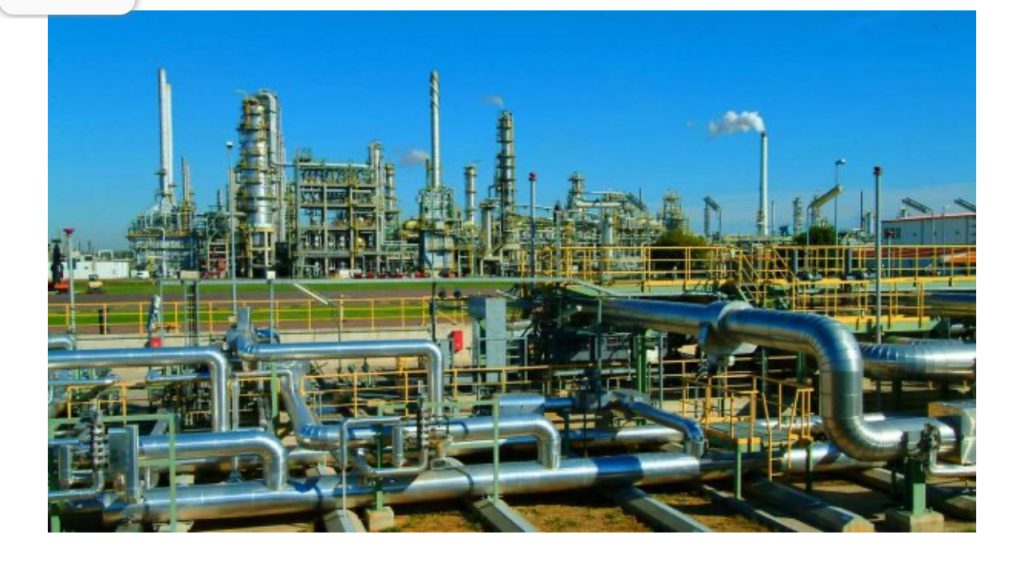 The Federal Government has confirmed the crude and refined product sales in Naira initiative remains a standing national policy and will continue indefinitely.
The Federal Government has confirmed the crude and refined product sales in Naira initiative remains a standing national policy and will continue indefinitely.
However, the policy will stay in place as long as it serves the public interest and supports Nigeria’s broader economic goals.
This assurance was contained in the official X (formerly Twitter) handle of the Federal Ministry of Finance on Wednesday morning amid growing inquiries on the status of the policy.
The Ministry stated the initiative, first approved by the Federal Executive Council (FEC), is a long-term strategic directive and not a short-term or provisional measure.
According to the Ministry, stakeholders have reconvened to reiterate their full support and ongoing commitment to ensuring the successful implementation of the initiative.
The policy, which mandates the transaction of crude oil and refined petroleum products in Naira, is aimed at strengthening the country’s economic sovereignty, enhancing local refining capacity, and stabilizing the foreign exchange market by reducing the demand for dollars in domestic petroleum transactions.
The Ministry explained that this policy is structured to foster energy security and encourage investment in domestic refining infrastructure.
“The Crude and Refined Product Sales in Naira initiative is not a temporary or time-bound intervention, but a key policy directive designed to support sustainable local refining, bolster energy security, and reduce reliance on foreign exchange in the domestic petroleum market,” the statement reads.
While acknowledging that the transition involves complexities, the government admitted that existing challenges are being systematically addressed.
“As with any major policy shift, the Committee acknowledges that implementation challenges may arise from time to time. However, such issues are being actively addressed through coordinated efforts among all parties,” the Ministry said.
To assess the progress made and address lingering implementation issues, the Technical Sub-Committee on the Crude and Refined Product Sales in Naira initiative held a review meeting on Tuesday. The gathering brought together key figures involved in the execution of the policy.
Among the attendees were the Minister of Finance and Coordinating Minister of the Economy, Mr. Wale Edun, who chairs the Implementation Committee; and the Executive Chairman of the Federal Inland Revenue Service (FIRS), Mr. Zacch Adedeji, who heads the Technical Sub-Committee.
Also present were the Chief Financial Officer of NNPC Limited, Mr. Dapo Segun; the Coordinator of NNPC Refineries; Management of NNPC Trading; representatives from the Dangote Petroleum Refinery and Petrochemicals; and senior officials from the Nigerian Upstream Petroleum Regulatory Commission (NUPRC), the Nigerian Midstream and Downstream Petroleum Regulatory Authority (NMDPRA), the Central Bank of Nigeria (CBN), and the Nigerian Ports Authority (NPA). A representative from Afreximbank and the Secretary of the Committee, Hauwa Ibrahim, also attended.
This policy, which aligns with the government’s broader economic reform agenda, is expected to support local content development, ease pressure on Nigeria’s foreign reserves, and provide a more predictable pricing structure for refined petroleum products in the domestic market.
The presence of major players from both the public and private sectors at the meeting shows the scale of collaboration required to sustain the policy. It also reflects the growing confidence in Nigeria’s shift toward economic policies that prioritize local capacity and currency resilience.
-

 news4 years ago
news4 years agoUPDATE: #ENDSARS: CCTV footage of Lekki shootings intact – Says Sanwo – Olu
-

 news1 year ago
news1 year agoEnvironmental Pollutions : OGONI COMMUNITY CRIES OUT, THREATENS TO SHUT DOWN FIRSTBANK,SHELL OIL COMPANY OPERATIONS FOR NOT PAYING COURT AWARD
-
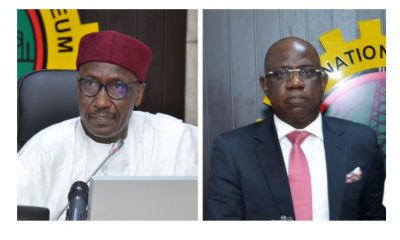
 news2 weeks ago
news2 weeks agoBreaking : TInubu appoints Bashir Ojulari as new CEO group of NNPC and GMD mele kyari get sacked, Says Onanuga
-
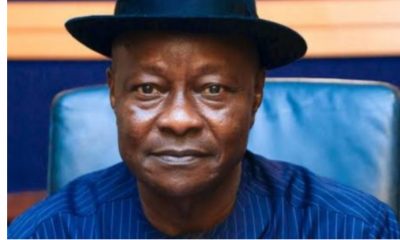
 news2 weeks ago
news2 weeks agoUpdate : Fubara ordered bombing of Rivers Assembly, I am not under duress I resigned, Says ex-Rivers HoS Nwaeke
-
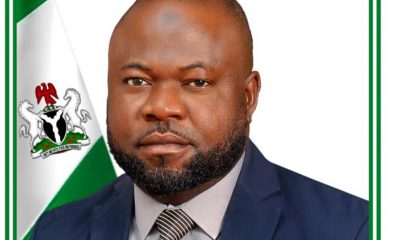
 interview2 weeks ago
interview2 weeks agoNIGERIA MECHANIZED AGRO EXTENSION SERVICE PROJECT, A STRATEGIC MOVE TO ALLEVIATE POVERTY – DR. AMINU ABDULKADIR
-
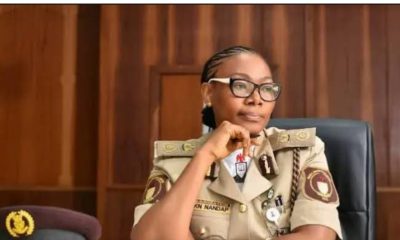
 news2 weeks ago
news2 weeks agoTinubu commended Nandap for her leadership, extends Comptroller-General tenure till 2026, says Onanuga
-
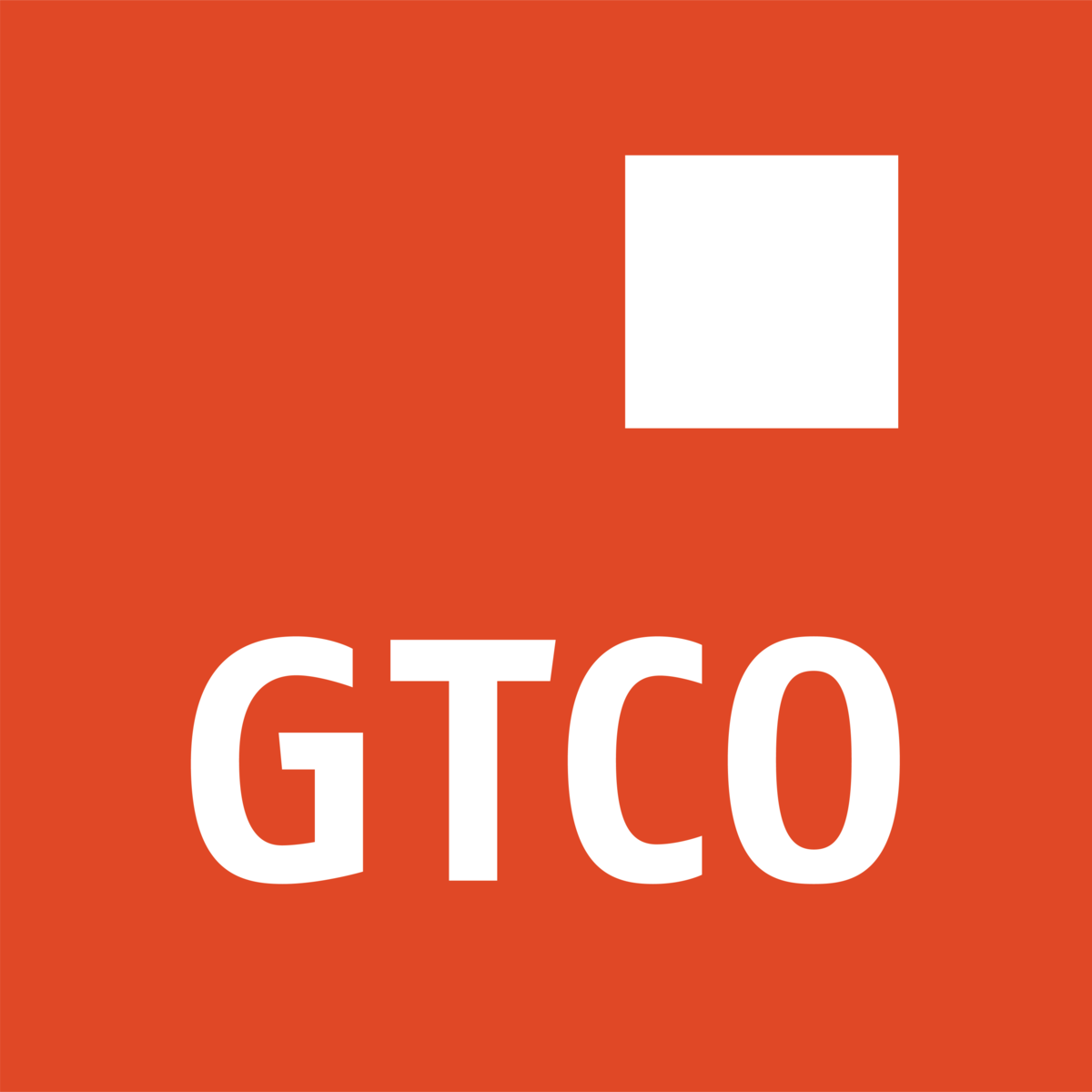
 brand3 weeks ago
brand3 weeks agoGTCO Plc Releases 2024 Full Year Audited Results …Pays Shareholders Record Dividend of N8.03k for 2024 Financial Year
-

 news6 days ago
news6 days agoUpdate : FG confirms continuation of crude, refined product sales in Naira initiative, Says Wale Edu


